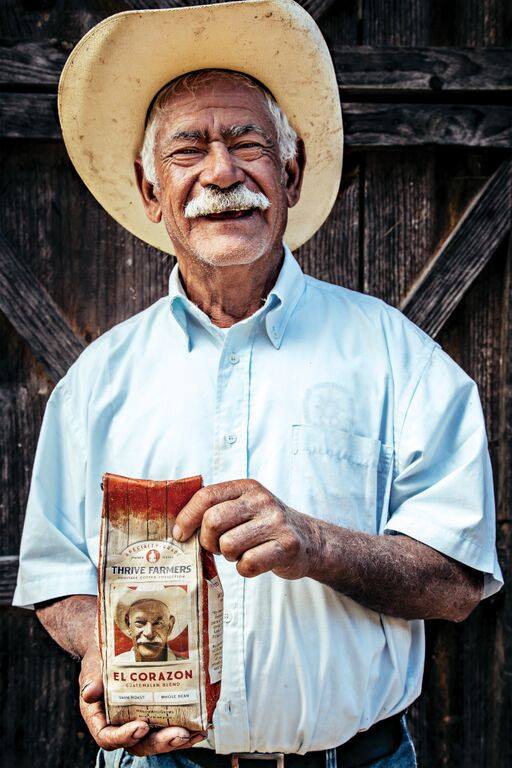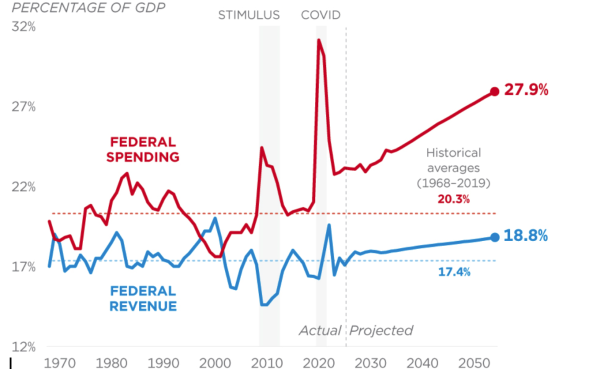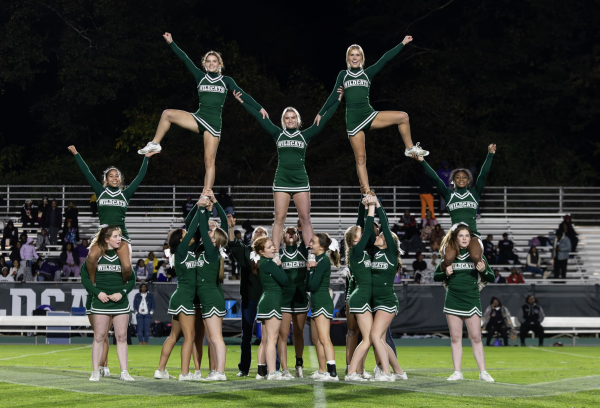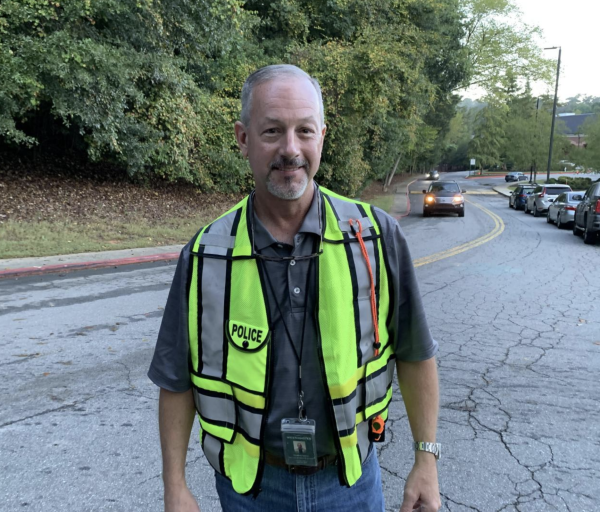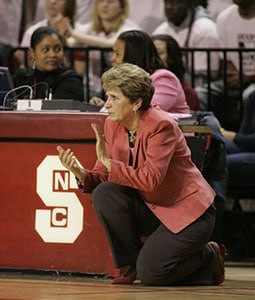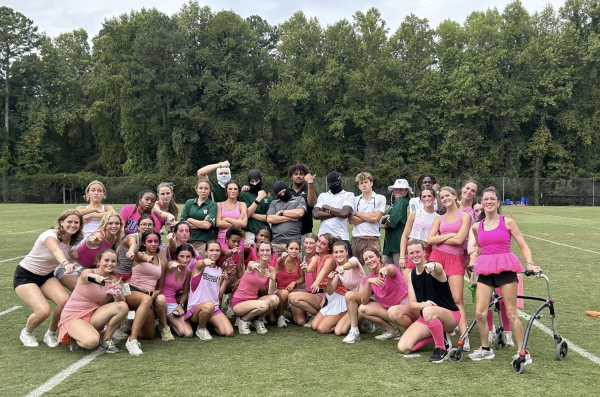Thrive Coffee introduced to Campus Center
Farmer-direct, specialty-grade coffee that improves the lives of farmers and their communities is now being served at the Campus Center.
There’s a new rich scent wafting from Love Patio, which can be traced back to the Parker Campus Center. This aroma is the smell of a beverage many Westminster students already enjoy from the comfort of their homes or the West Paces Ferry Starbucks every morning: coffee. Much to the delight of sleep-deprived students and faculty members, the Campus Center is now selling coffee for just a few dollars a cup.
When picking up their beverages, students may notice a sign above the counter reading “You Drink, Farmers Thrive,” a marketing campaign for Thrive, the brand Westminster has partnered with to sell their coffee, as interim head of Upper School Jim Justice announced at a recent assembly.
Thrive Coffee is a company created by a farmer and a former lawyer in 2009 based on a simple principle: bringing coffee directly to the consumer to decrease the price and give a greater percentage of the revenue to the farmers. Farmers who begin selling their coffee through Thrive earn on average ten times their original incomes. This monetary increase can be attributed to the company selling the coffee beans directly to other companies, cutting out the usual middleman who takes a significant portion of the profits. Thrive began by partnering with Costa Rican farmers, and quickly spread to Honduras and Guatemala as well. First marketing to Earth Fare, a supermarket chain based in Asheville, North Carolina, Thrive has rapidly expanded worldwide. Atlanta residents will likely recognize the Thrive brand name on coffee cups bought at Chick-fil-A. The fast food chain has recently begun selling Thrive Coffee at all of its nationwide locations.
“The goal is to have [the company] boost the farmer’s income, their standard of living, and their resources by giving more back to them,” said Daniel Searl, a faculty advisor who helps coordinate the Guatemala trip and helped to bring Thrive into the Campus Center.
The idea for having coffee in the Campus Center can originally be traced back to the Guatemala trip and its funding. Five percent of the profits made from selling Thrive go to the funding of the Guatemala trip. While Thrive Coffee and the trip to Guatemala are both based in the same area, there is not a large association between the two.
“There’s not a huge connection between Thrive and the Guatemala trip, just that it’s in the same place and we have the standing connection with the country,” said Kelecki. “I know that [Thrive] supports the farmers. We already have this connection with Guatemala through this mission trip we do twice a year, and so now we’re sharing this other connection with Guatemala by selling their coffee.”
The coordinators who brought Thrive into the Campus Center hope to one day build a deeper connection between Thrive and the school’s existing connections with Guatemala. Searl and the trip’s other faculty sponsors are also planning a visit to the Thrive Coffee plantation for the summer trip in 2016.
Guatemala trips are incredibly popular among Upper School students, and Westminster is now offering trips twice each school year, one during JanTerm and one in July. The addition of the JanTerm course makes the mission trip more accessible to students who would not otherwise be available.
Many students who went to Guatemala last year praised the trip for its opportunities for service and fun.
“I’d heard from girls on the swim team that I knew, like Margaret Maxwell, who’d been on [the trip], about how amazing and life-changing it was,” said junior Mary Tucker, who went on the trip over the summer. “I just wanted to go and be able to experience that for myself.
After arriving in Guatemala, students participated in a range of activities to get a feel for the country’s culture.
“The first five days are fun days,” said junior Grace Kelekci, who also attended the summer trip. “You go zip lining, do a long bike tour, and then you go salsa dancing.”
The Guatemalan government also recognized the group.
“We got to meet with the consulate to the First Lady,” said Tucker, “which was really awesome because we got recognized and received certificates.”
The next part of the trip involved doing what seemed to be impossible: building a permanent home for one underprivileged family in one week. The beginning of building involved intense physical labor.
“The first day we did cement stirring, which was actually really hard,” said Tucker. “I don’t think I realized how hard it was until then. The cement is heavy, these bags that are not that big, they’re probably half my size, and yet they weigh twice as much as me.”
The group continued to work on the house by painting, adding a roof, and giving the key to the family.
Despite the difficult labor, both Tucker and Kelecki agreed the work was worth it because of the amount of assistance they were able to provide to the family.
“The most rewarding part was definitely giving so much to the most deserving people in the world,” said Kelekci. “I’ve never met more genuine, compassionate, loving, always happy people, and it’s amazing how much they appreciated it. I’ve never done something that people appreciated so much.”
Others were impressed by aspects of the Guatemalan way of living, from their efficient use of available resources to their happiness with those resources, no matter how scarce.
“When I was going there, I knew [Guatemala] was a third world country,” said Tucker. “I guess I was just really impressed with how well these people made do. In the houses, they really use their resources.”
